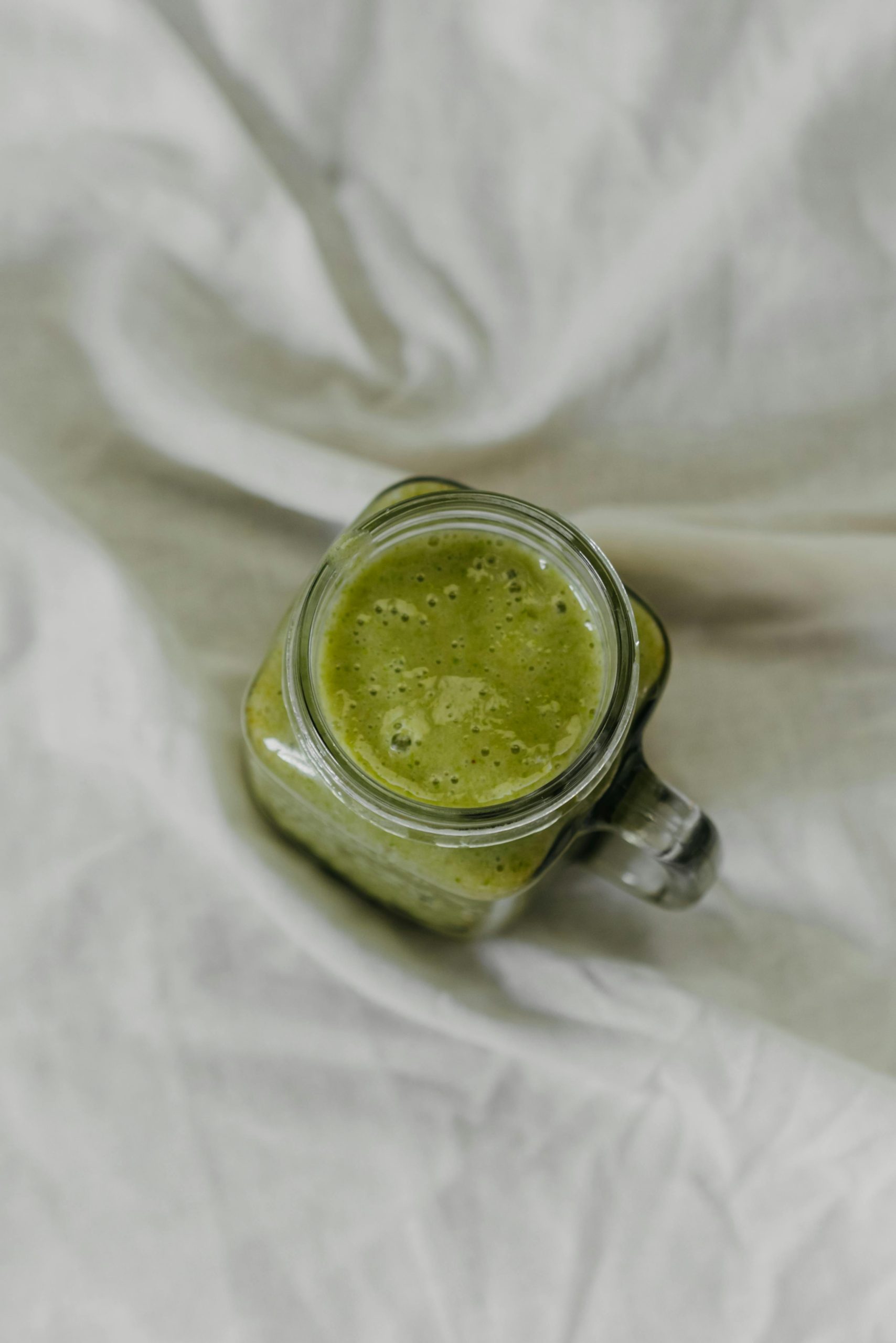Dairy has long been a staple in many diets, providing essential nutrients like calcium, vitamin D, and protein. However, its impact on hormonal balance is a topic of growing interest and debate. From estrogen and progesterone to insulin and growth hormones, dairy products can influence the delicate equilibrium of your endocrine system. Understanding these effects is crucial for making informed dietary choices, especially for those dealing with hormonal imbalances, acne, or reproductive health concerns. Let’s explore how dairy consumption affects your hormones and what you can do to maintain balance.
The Hormones Naturally Present in Dairy
Dairy products naturally contain hormones, primarily because milk is produced by lactating cows—often pregnant ones—whose bodies are rich in reproductive hormones like estrogen and progesterone. These hormones are transferred into the milk we consume. Additionally, conventional dairy farming often uses synthetic hormones like recombinant bovine growth hormone (rBGH) to increase milk production, further elevating hormone levels in dairy.
Key Hormones in Dairy
- Estrogen and Progesterone: Naturally occurring in cow’s milk, these hormones can influence human estrogen levels, particularly in women.
- Insulin-like Growth Factor 1 (IGF-1): A hormone that promotes cell growth, which is naturally higher in milk and can affect human growth pathways.
- Prolactin: Another hormone present in milk that may influence lactation and reproductive health in humans.
How Dairy Affects Hormonal Imbalances
Consuming dairy can disrupt hormonal balance in several ways, depending on individual sensitivity, the type of dairy consumed, and overall diet. Here’s how dairy may impact different hormonal systems:
Estrogen Dominance
Dairy consumption has been linked to estrogen dominance, a condition where estrogen levels are disproportionately high compared to progesterone. This imbalance can contribute to symptoms like heavy periods, PMS, acne, and even an increased risk of hormonal cancers.
Insulin and IGF-1 Levels
Dairy, particularly high-fat and high-sugar varieties like flavored yogurts or ice cream, can spike insulin levels. Additionally, IGF-1 in dairy may promote cell proliferation, which could exacerbate conditions like acne or even contribute to certain cancers.
Thyroid Function
Some studies suggest that dairy proteins like casein may interfere with thyroid hormone absorption, particularly in individuals with autoimmune thyroid conditions like Hashimoto’s.
Dairy and Specific Health Conditions
Certain health conditions are particularly sensitive to dairy’s hormonal effects. If you experience any of the following, reducing or eliminating dairy might be worth considering:
Acne and Skin Health
Dairy is a well-known trigger for acne due to its ability to increase IGF-1 and insulin, both of which stimulate oil production and inflammation in the skin.
Polycystic Ovary Syndrome (PCOS)
Women with PCOS often struggle with insulin resistance and elevated androgens. Dairy’s impact on insulin and IGF-1 may worsen these symptoms.
Menopausal Symptoms
Since dairy contains estrogen, menopausal women—who already experience fluctuating hormone levels—may find that dairy exacerbates symptoms like hot flashes or mood swings.
Alternatives to Dairy for Hormonal Balance
If you suspect dairy is affecting your hormones, there are plenty of alternatives to consider. Opting for hormone-free or plant-based options can help maintain balance without sacrificing nutrition.
Best Dairy Alternatives
- Almond, Coconut, or Oat Milk: These plant-based milks are naturally free of animal hormones.
- Organic or Grass-Fed Dairy: If you choose to consume dairy, organic or grass-fed options typically have fewer synthetic hormones.
- Fermented Dairy (Kefir, Yogurt): Fermentation can reduce some hormonal activity while providing probiotics for gut health.
Nutrients to Watch
When cutting out dairy, ensure you’re still getting enough calcium, vitamin D, and protein from other sources like leafy greens, nuts, seeds, and fortified foods.
Conclusion
Dairy’s impact on hormonal balance is complex and varies from person to person. While it provides essential nutrients, its natural and synthetic hormones can disrupt estrogen, insulin, and thyroid function—especially in those with existing imbalances. If you’re experiencing hormonal issues, experimenting with dairy reduction or elimination may offer relief. Always consult a healthcare provider or nutritionist to tailor dietary changes to your individual needs. By making informed choices, you can support your hormonal health while still enjoying a balanced, nutrient-rich diet.


